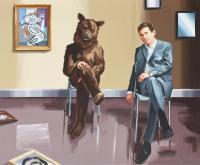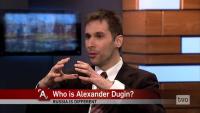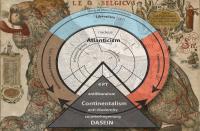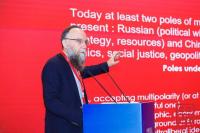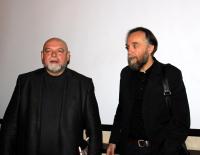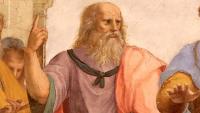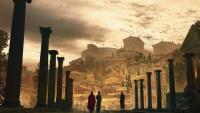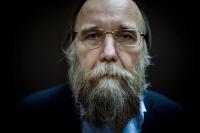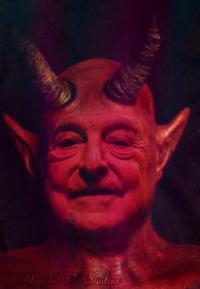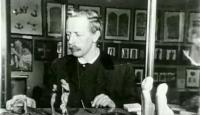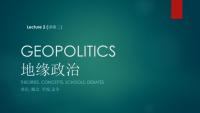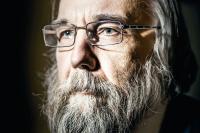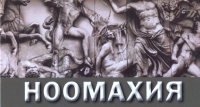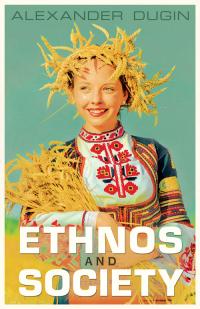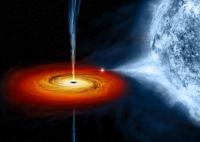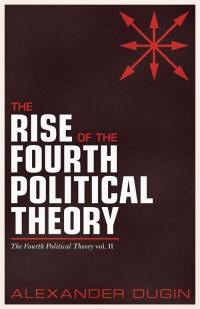From Sacred Geography to Geopolitics
Over the course of this struggle, the flame of the “resurrection of the spiritual North”, the flame of Hyperborea, will transform geopolitical reality. The new global ideology will be that of Final Restoration, putting a final end to the geopolitical history of civilizations – but this will not be the end which the globalist spokesmen of the End of History have theorized. The materialistic, atheistic, anti-sacred, technocratic, Atlanticist version of the End will give way to a different epilogue – the final Victory of the sacred Avatar, the coming of the Great Judgement, which will grant those who chose voluntary poverty the kingdom of spiritual abundance, while those who preferred wealth founded on the assassination of the Spirit will be condemned to eternal damnation and torment in hell.



